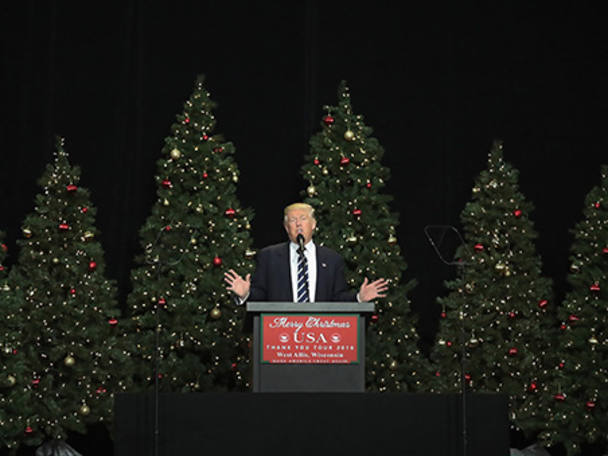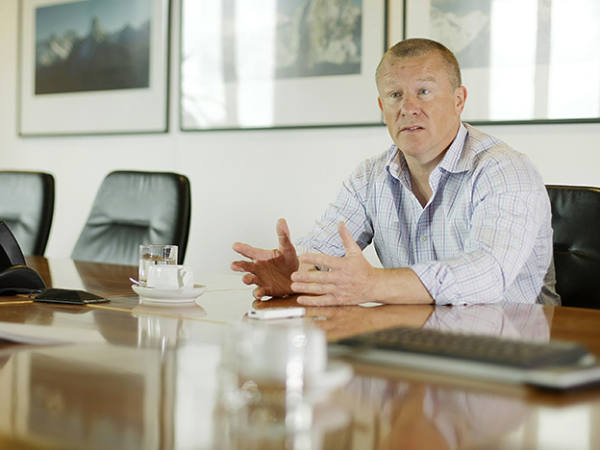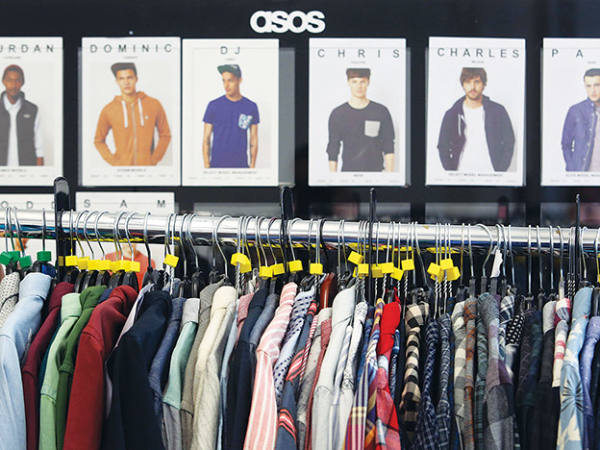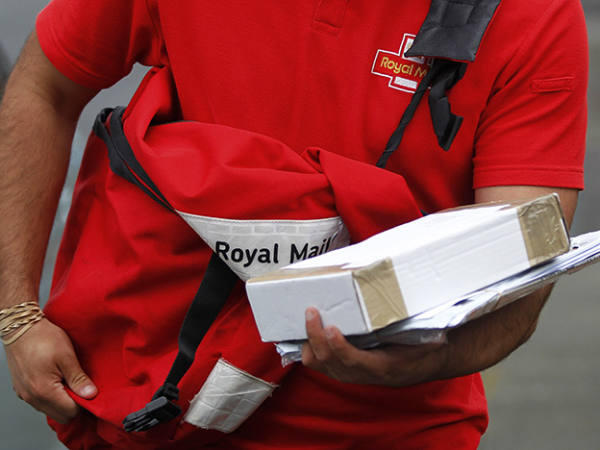For Sam Isaly, manager of Worldwide Healthcare Trust (WWH), the US election has been a case of “out of the frying pan, into the fire”. Just as the threat of Hillary Clinton’s war on drug pricing was averted with Donald Trump’s election win, Mr Trump reconfirmed his determination to dismantle the country’s healthcare system, causing healthcare stocks to plunge.
Then one of biotech's biggest hopes - an Eli Lilly (US:LLY) drug intended to treat Alzheimer's - failed in late-stage clinical trials, taking a major toll on the biggest names in the sector, including Eli Lilly, Biogen (US:BIIB) and Roche (CHG:ROG).
“We were hurt during the elections by holding hospitals and we’ve been hurt as a result of the Alzheimer’s results through holding Eli Lilly, so we had a pretty [bad] month in November,” says Mr Isaly.
Worldwide Healthcare Trust has 19.8 per cent of assets in big pharma, 15.1 per cent in emerging biotech and 15.6 per cent in big biotech, as well as a substantial portion of assets in healthcare services and distributors (12 per cent) and medicine technology (16.8 per cent). Its shares are down by more than 4 per cent since 9 November 2016, but the trust is still in positive territory for the year to date, having returned over 5.3 per cent against 5.8 per cent for MSCI World Healthcare index.
But Mr Isaly says: “It is quite clear that the US health service will be gutted under the new president. Mr Trump talks of it being repealed and replaced, but in the future we will look back on it as having been gutted.
“Before the election everyone was terrified about drug pricing, so biotech and big pharma stocks were down. Since the election, hospital groups have been falling. The Affordable Care Act has been helping hospitals until now by getting an extra 10 per cent of insured Americans through the door, which means patients who can pay. If Trump does manage to repeal the Act, those hospitals will still be forced to treat people and the bad debt expense at hospitals will increase.”
Those fears are already taking their toll on stocks such as US hospital group HCA Holdings (HCA:NYQ), in which the trust has 4.1 per cent of its assets. HCA Holdings has fallen from almost $90 per share to $71 since the election.
The trust has also been feeling the pain as a result of the failed Phase III trial for a much-anticipated Eli Lilly Alzheimer’s drug, which attempted to slow the progress of patients’ deteriorating memories. Lilly was one of several companies attempting to treat the symptoms of Alzheimer’s by attacking the amyloid plaques on the brain thought to contribute to cognitive decline. The results call into question the ‘amyloid’ route of inquiry pursued by Biogen and Roche as well as Eli Lilly, whose share price fell $10 in the days following the result.
“We use options to hedge our exposure, so were slightly protected, but have around eight holdings affected by the result,” says Mr Isaly. “Most directly affected was Lilly, but Biogen is also indirectly affected as is Roche. Others that are indirectly affected include Merck (US:MRK), which has a different Azlheimer's target, and AC Immune (US: ACAI), which has licensed technology to Roche."
Mr Isaly says the impact left the trust down around 1 per cent against its benchmark for the month. He says: “If I had known it would fail, we would not have owned Lilly over that timeframe. But at its current price we will not sell it. It also has other good potential drugs in its pipeline.”
Another factor affecting the trust in recent months has been its gearing – it is 116 per cent invested. “That has been hurting us in recent months,” says Mr Isaly.
Brighter times ahead
It is not all negative, though. Worldwide Healthcare invests around the world and Mr Islay says there are good opportunities in emerging markets, and in innovative biotech and technology companies at historically low valuations.
“We use the old to invest in the new,” he explains. “The old in this context is big pharma and against our benchmark we are underweight big pharma by 23.7 percentage points. We are overweight in biotech by 16.6 per cent and emerging markets by 15.6 per cent.”
This includes investments in China, where Mr Isaly says the healthcare market is growing by around 8 per cent a year, and holdings include Chinese medical supplies company Yes!Star (HK:2393). It also holds IHH Healthcare (KLS:IHH) in Malaysia.
Over the long term, it is a strategy that has delivered. Over 10 years the trust has returned 364.9 per cent against 212.7 per cent for MSCI World Healthcare index and 446.6 per cent for Nasdaq Biotechnology index. It has also been less volatile than the biotech index, having returned more than that index over one and three years, and generating a similar return over five years.
That is partly due to Worldwide Healthcare’s diverse mix of geographies and stocks, which means that even when one area is suffering, another can profit. For example, Mr Isaly says reduced admissions to hospitals mean lower payments by health insurance companies, also held in the trust, which means higher profits for them even if hospitals are down.
Any potential concerns over President-elect Trump’s policies are also far less damaging to biotech than the impact Mrs Clinton might have had on drug pricing. Last month, in the company’s half-year results notice Mr Isaly wrote: “With a Republican ‘sweep’ of the White House, Senate and Congress, any threat of Democratic ideals on drug pricing and/or single-payer system coming to pass are now 100 per cent quashed. This overhang that persisted over the sector during the past 18 months is now gone and, once the fog of politics lifts, we fully expect therapeutic stocks to do well in 2017.”










